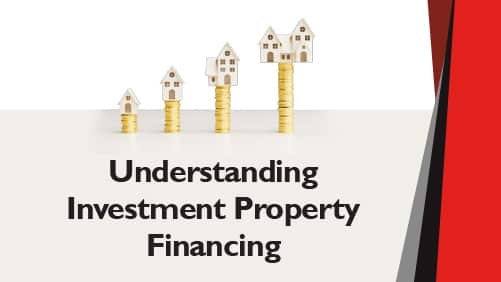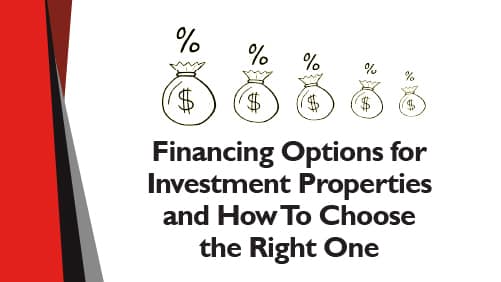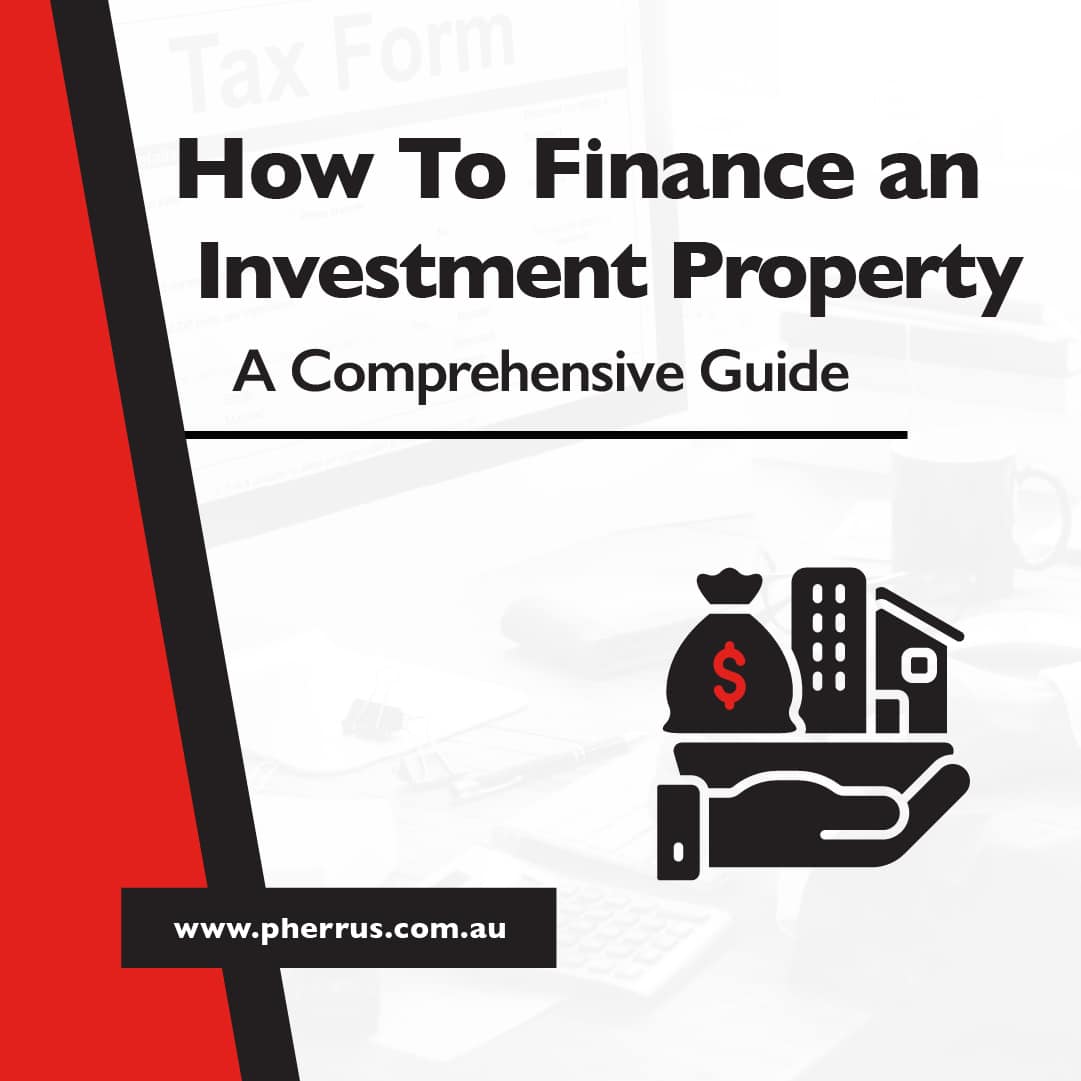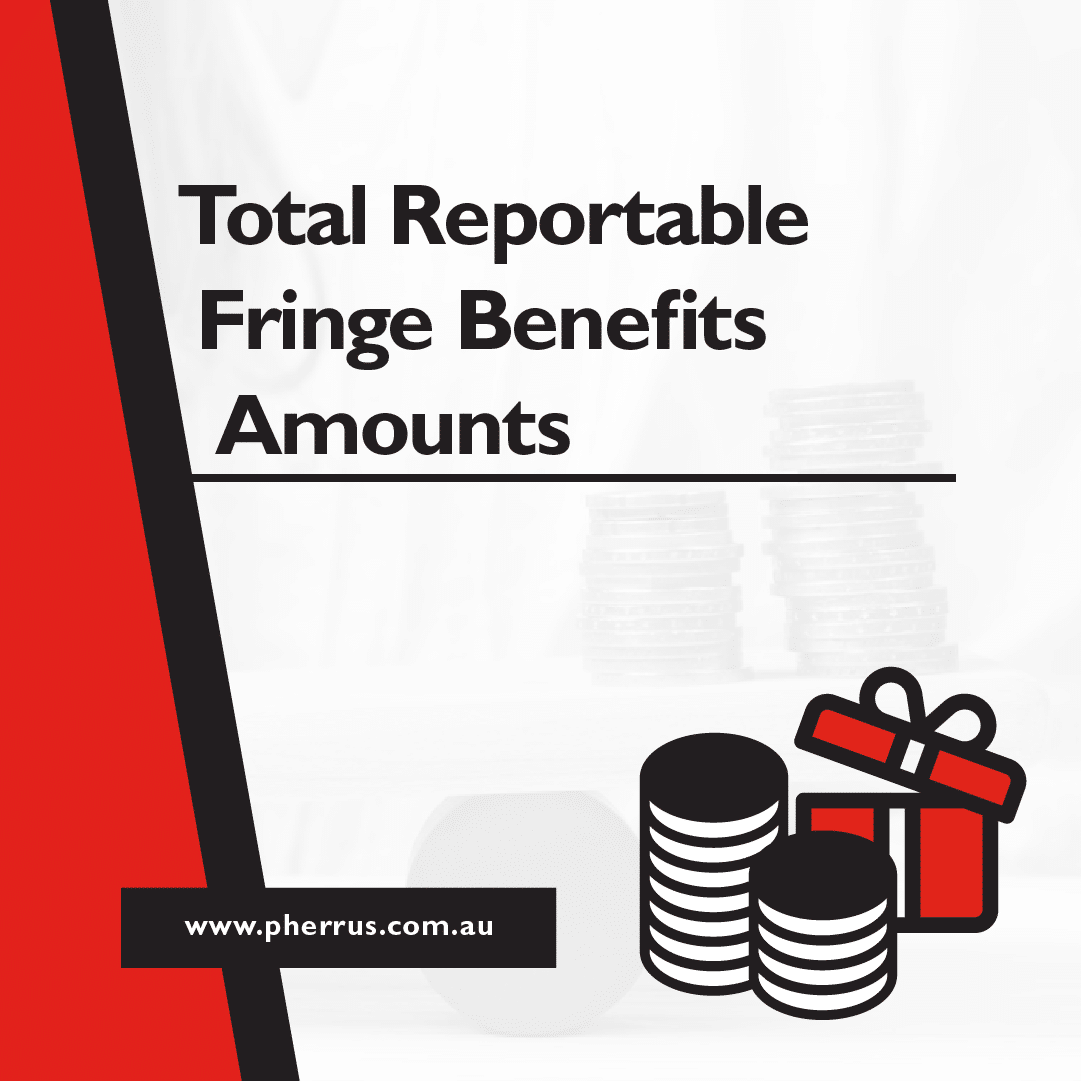Are you a first-time investor considering property investment for a steady income stream through rental yields?
Or are you looking to expand your current property portfolio for long-term wealth growth?
Whatever your motivation, property investment is an exciting arena to be in.
However, choosing the right investment property financing option can be a challenge.
This guide is here to help you explore how to finance an investment property to get your investment off to the best start.

Understanding Investment Property Financing
Before you investigate how to buy an investment property, you need to understand what investment property financing is and why it’s important.
Investment property financing involves securing money to buy a property you won’t live in but will use to earn income or as a long-term investment.
Such financing is not just about having enough money to buy the property; it’s also about managing your investment wisely to make a profit in the future.
Carefully selecting a loan and terms that align with your financial capabilities and investment strategy will allow you to manage payments comfortably while maximising future profits.
Let’s look at some popular investment property financing options.

Financing Options for Investment Properties and How To Choose the Right One
Traditional Mortgage Loans
Banks and credit unions offer traditional mortgage loans, whereby you borrow money to purchase a property, and the property serves as collateral for the loan.
These loans usually have fixed or variable interest rates and are paid back over a set period.
In Australia, some of the most reputable banks offering traditional mortgage loans include the Commonwealth Bank, Westpac, ANZ, and NAB.
- Factors to consider: Your credit score, income stability, and deposit size. Also, consider the loan’s interest rate, term length, and whether it’s a fixed or variable rate.
- Pros: Generally lower interest rates, possible tax deductions on interest payments, and predictable repayment schedules.
- Cons: Stringent eligibility criteria, potential for penalties on early repayments, and longer processing times.
Private Lending
Private lending involves borrowing money from non-bank entities, such as individual investors or investment companies.
This type of lending often offers more flexible terms suitable for borrowers who might not meet the strict criteria of banks.
Entities offering such lending include private finance companies like Liberty Financial, Pepper Money, and La Trobe Financial.
- Factors to consider: Interest rates, the lender’s credibility, and flexibility of terms. Assess the legal aspects and ensure clear contract terms.
- Pros: More flexible qualification criteria and quicker access to funds.
- Cons: Higher interest rates, shorter repayment periods, and sometimes less regulatory protection.
Private Lenders: Hard Money Loans
Hard money loans are short-term loans secured by the property you’re investing in rather than your creditworthiness or financial history.
They’re typically provided by private lenders or specialised lending companies rather than traditional banks.
Hard money loans are known for their quick approval process but come with higher interest rates and shorter repayment terms than traditional loans.
- Factors to consider: High interest rates, loan-to-value ratio, and the timeline for repayment.
- Pros: Fast approval and funding with less emphasis on the borrower’s credit history. Ideal for short-term investment projects like property flipping.
- Cons: Very high interest rates, shorter repayment terms, and the risk of losing the property if you default.
Home Equity
Using home equity means taking out a loan based on the difference between the market value of your existing home and the amount you still owe on your mortgage.
This type of financing allows you to access funds for investing in another property by using your home as collateral.
It’s a popular option for property investors who have built up significant equity in their primary residence and want to leverage that value to expand their investment portfolio.
- Factors to consider: Amount of available equity, additional debt burden, and impact on personal finances.
- Pros: Lower interest rates than other borrowing forms and possible tax advantages.
- Cons: Puts your home at risk, increases overall debt, and potential for negative equity.
Real Estate Crowdfunding
Real estate crowdfunding pools funds from multiple online investors to finance a property.
This approach allows individual investors to participate in real estate ventures with smaller capital contributions, giving them access to property investments that might otherwise be out of reach financially.
It’s a form of collective investment where each investor shares the property’s profits and risks proportionate to their investment.
Notable online platforms for real estate crowdfunding include BrickX, DomaCom, and CrowdfundUP.
- Factors to consider: The platform’s credibility, investment minimums, and specifics of the funded property.
- Pros: Access to property investment with less capital, plus investment portfolio diversification.
- Cons: Higher risk due to market volatility, lack of liquidity, and less control over the investment.

Property Investment Strategies
Buy and Hold
This strategy involves purchasing a property and holding onto it for an extended period, usually for capital growth.
Over time, the property’s value may increase, providing you with a significant return when you eventually sell.
The “buy and hold” strategy is often favoured for its simplicity and potential for long-term wealth accumulation but requires patience and a willingness to ride out market fluctuations.
House Flipping
House flipping is a more hands-on investment strategy.
It involves purchasing a property at a lower price, renovating or repairing it to add value, and then selling it quickly for a profit.
This strategy can offer quick returns but comes with high risks, including unexpected renovation costs and market volatility.
It’s well-suited for those with experience in real estate and renovation, plus the ability to manage a project efficiently.
Real Estate Investment Trusts
Real Estate Investment Trusts (REITs) operate, own, or finance real estate that generates income.
Buying shares in REITs allows you to invest in property without buying the property yourself.
This more passive investment strategy can provide regular income and property portfolio diversification.
It’s ideal if you want to invest in property but don’t have the capital or desire to own physical real estate.
Rental Properties
Investing in rental properties involves purchasing a property to rent out to tenants.
This strategy can provide a steady income stream and capital growth over time. It requires active management, dealing with tenants, and ongoing maintenance costs.
So, rental properties could be the way to go if you’re looking for regular income and are prepared to take on the responsibilities of being a landlord.

How Pherrus Financial Services Can Help
Here at Pherrus, we can offer expert guidance to help grow your wealth through property investment.
We’ll take into consideration your budget, experience, and goals to tailor an investment financing solution.
We have knowledge of both domestic and global economic factors that can impact your investment decisions.
We can advise on state government development plans and how they may affect your chosen location so you can make informed decisions to maximise the value of your investments.
We understand that you need to consider various investment property financing options, so we’ll offer support in finding the most suitable loan that aligns with your business and personal financial goals.

FAQs About How To Finance an Investment Property
How Much Deposit Is Needed for an Investment Property?
The typical deposit for an investment property ranges from 10% to 20% of the property’s purchase price.
However, many lenders prefer a 20% deposit to avoid Lender’s Mortgage Insurance (LMI).
This insurance policy protects the lender if the borrower defaults on the loan.
How Much Money Can I Borrow for an Investment Property?
The amount you can borrow for an investment property depends on your financial situation, including your income, existing debts, credit history, and the property’s value.
Lenders generally offer up to 80% of the property’s value, meaning you’ll need a 20% deposit.
Some may lend up to 90% or even 95%, but this often requires purchasing Lender’s Mortgage Insurance.
What Is a Good Rate for an Investment Property?
A good interest rate for an investment property loan depends on market conditions, but as of November 2023, competitive rates are available between 6% and 8%.
Rates vary based on the loan type, your credit history, and the lender’s policies. Compare rates from different lenders to find the best deal.
What Type of Loan Is Best for an Investment Property?
When choosing an investment property loan, assess factors like loan terms, interest rates, and flexibility to match your investment strategy and financial situation.
A fixed-rate loan can offer repayment stability, making budgeting easier, while a variable-rate loan might provide more flexibility and features.
And interest-only loans can reduce initial repayments, which is beneficial for short-term investments.

Take the Next Step in Your Property Investment Journey
Various investment property financing options are available, from traditional mortgage loans to innovative strategies like real estate crowdfunding.
Smart financing is a strategic move towards building wealth and achieving success in the property market.
If you’re ready to explore this opportunity, talk to the financial experts here at Pherrus.
For customised advice on how to finance an investment property, fill out our online form or call +61 (02) 9099 9109 to book an appointment at our Bella Vista office in Sydney, NSW.





